CAPSTONE DESIGN PARTICIPANTS
Team Elephant
Team Members : Johnathan Chan, Shravan Gajjela, Justin Oue, Alex Wong, Victor Yu
Mesa is a platform that acts as a digital space where groups can meet and play games together. Individuals can create and share rooms through the website. Within a room, users have full control over a virtual table, through the use of a basic set of widgets in addition to their own custom ones. Examples of playable games will include card games, classic board games such as chess, and custom games that users can create using custom widgets.
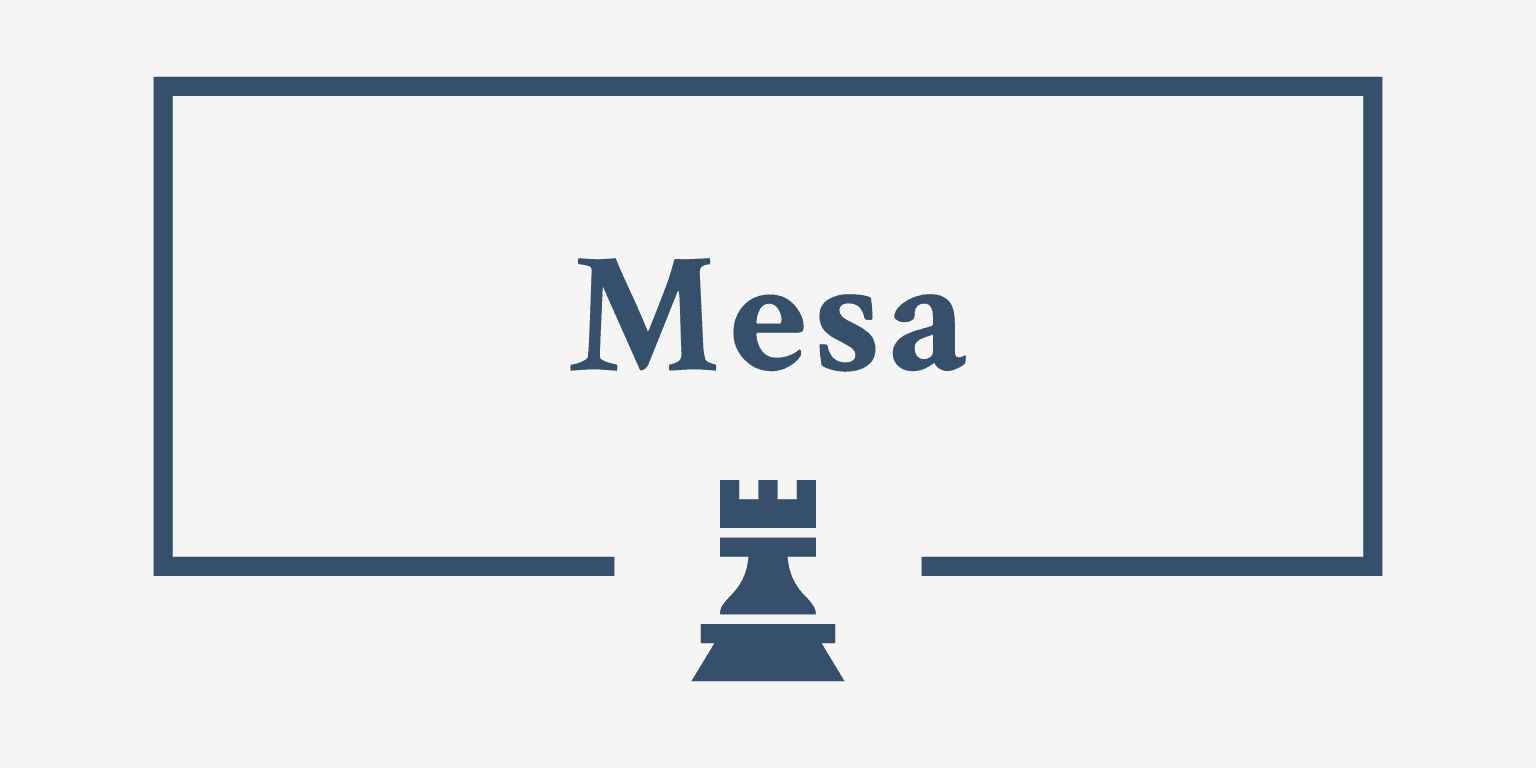
GeoCache
Team Members : Will Brown, Milan DiGuiseppe, Krisztian Palvolgyi, Shaopeng Xu
Our objective with Geo is to encourage people to get outside and interact in a fun and safe way. Geo is an app where users discover “caches” as they explore their neighbourhoods. Caches are like posts in traditional social media, and users are encouraged to be creative with their posts! To promote outdoor activity, users need to walk up to a cache before they interact with it. Caches will stick around awhile where they have been created, so users can see them at different times.
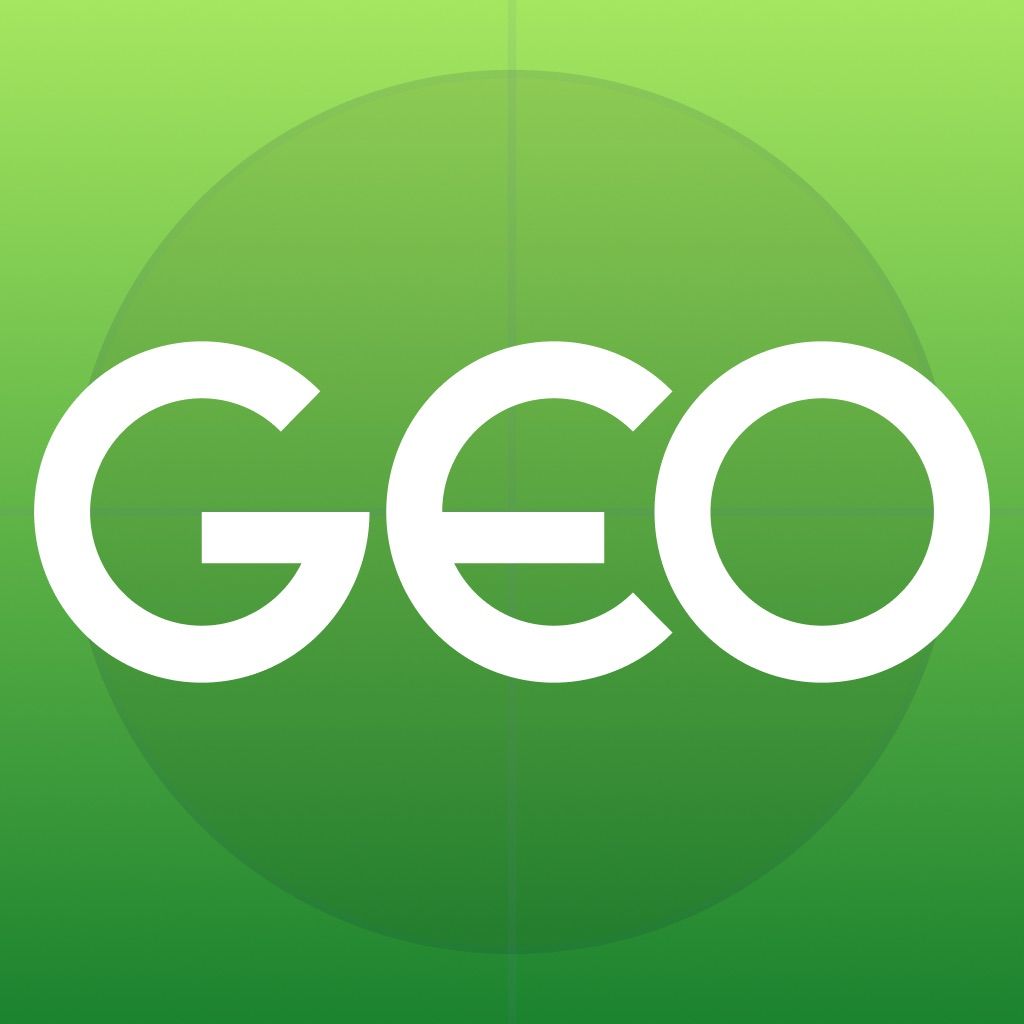
Team JK-Kody
Team Members : Kalvin Thye, Kody Yang, Judy Liu
Hallway Hello is an easy to use Microsoft Teams application that replicates casual hallway conversations between students. In light of COVID-19 and university classes being virtual, socialization is a key university experience that students are missing. To solve this, we created a product that still allows students to meet new people and make meaningful connections. Our conversational bot matches classmates periodically and provides fun icebreakers to create engaging conversations.
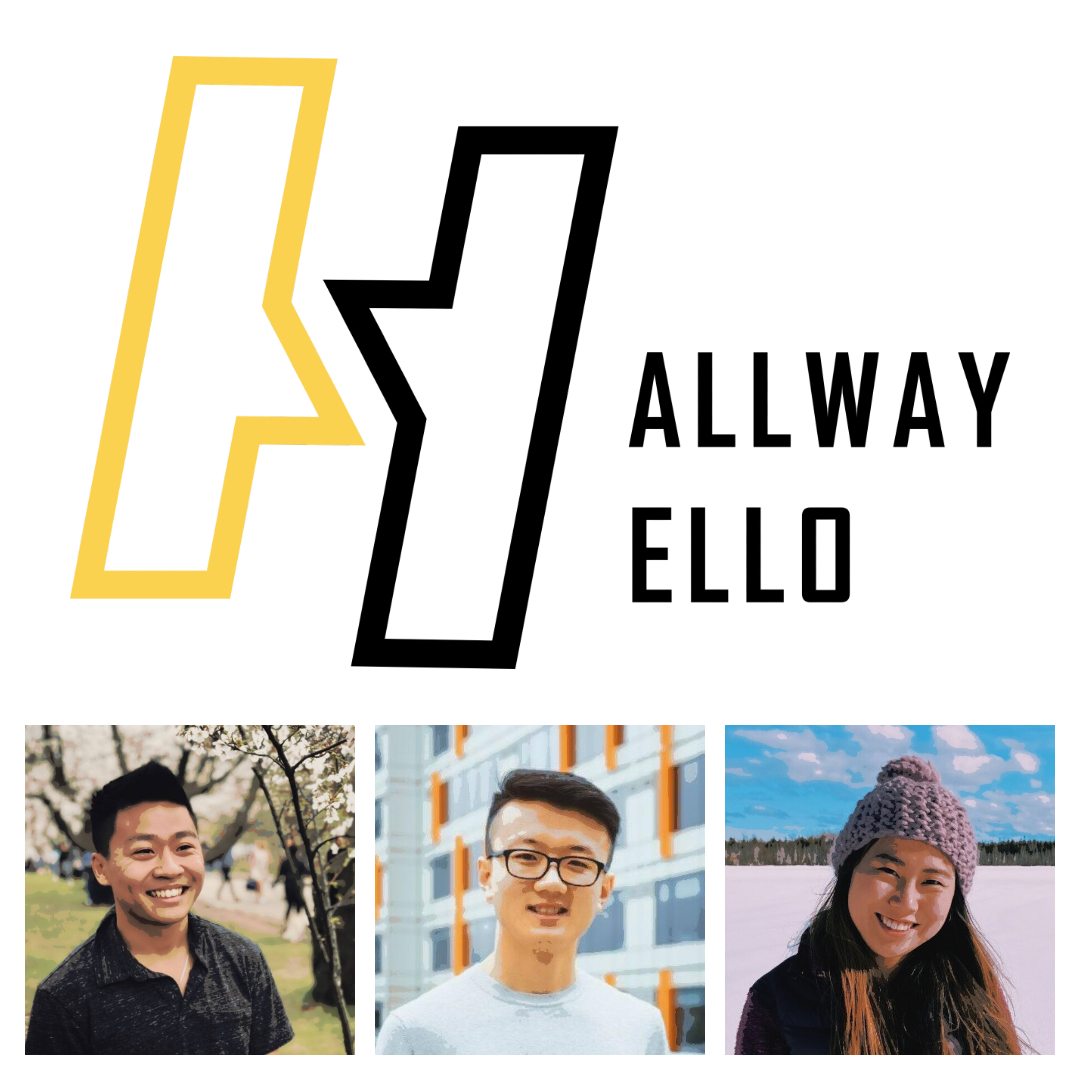
Team Pronto
Team Members : George Eisa, Wilson Wu, Shane Hickman, Sam Alberico, Manuel Dionne
Comparisum is a website that generates data-driven product reviews to help consumers make informed shopping decisions. Over 85% percent of consumers conduct online research before making a purchase online, however researching products and writing reviews is time consuming. Using machine learning and web scraping, Comparisum automatically populates itself with aggregated reviews of currently trending products. Our ability to quickly generate unbiased, high quality reviews at a low operating cost makes us a competitive review site.
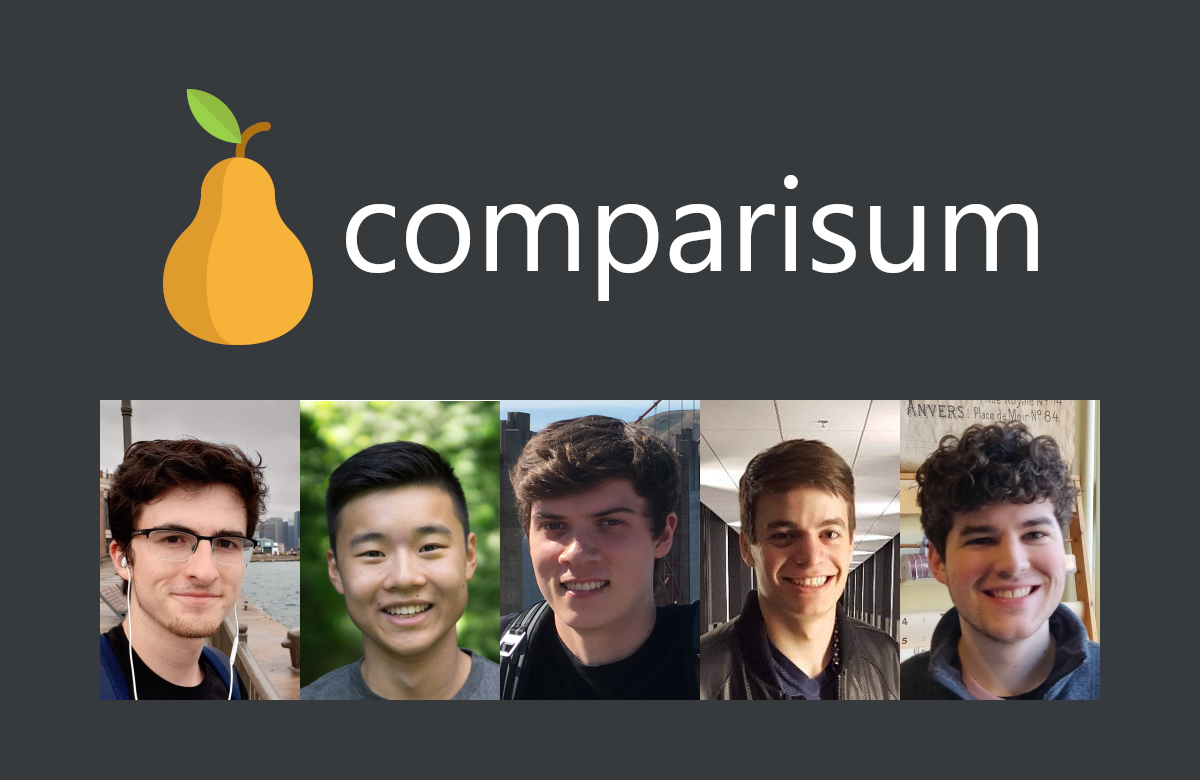

Aman Arora
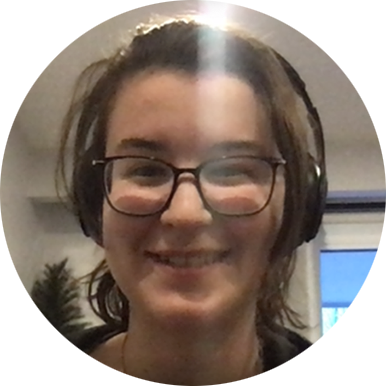
Roxane Fruytier

Dhruv Jauhar

Logan Mosier

Chris Pardy

Jennifer Wills
SEXXI Goose
The Rust Programming is truly unique due to its system of ownership and borrowing. The current system is overzealous when dealing with structs/tuples whose individual fields are captured in a closure: the whole struct/tuple will be borrowed by the closure if at least one of its fields is captured. This capturing is more aggressive than necessary and means some safe programs are rejected. Our goal is to implement precise path capturing for closures so the borrowing principles in Rust are consistent inside and outside closures.
